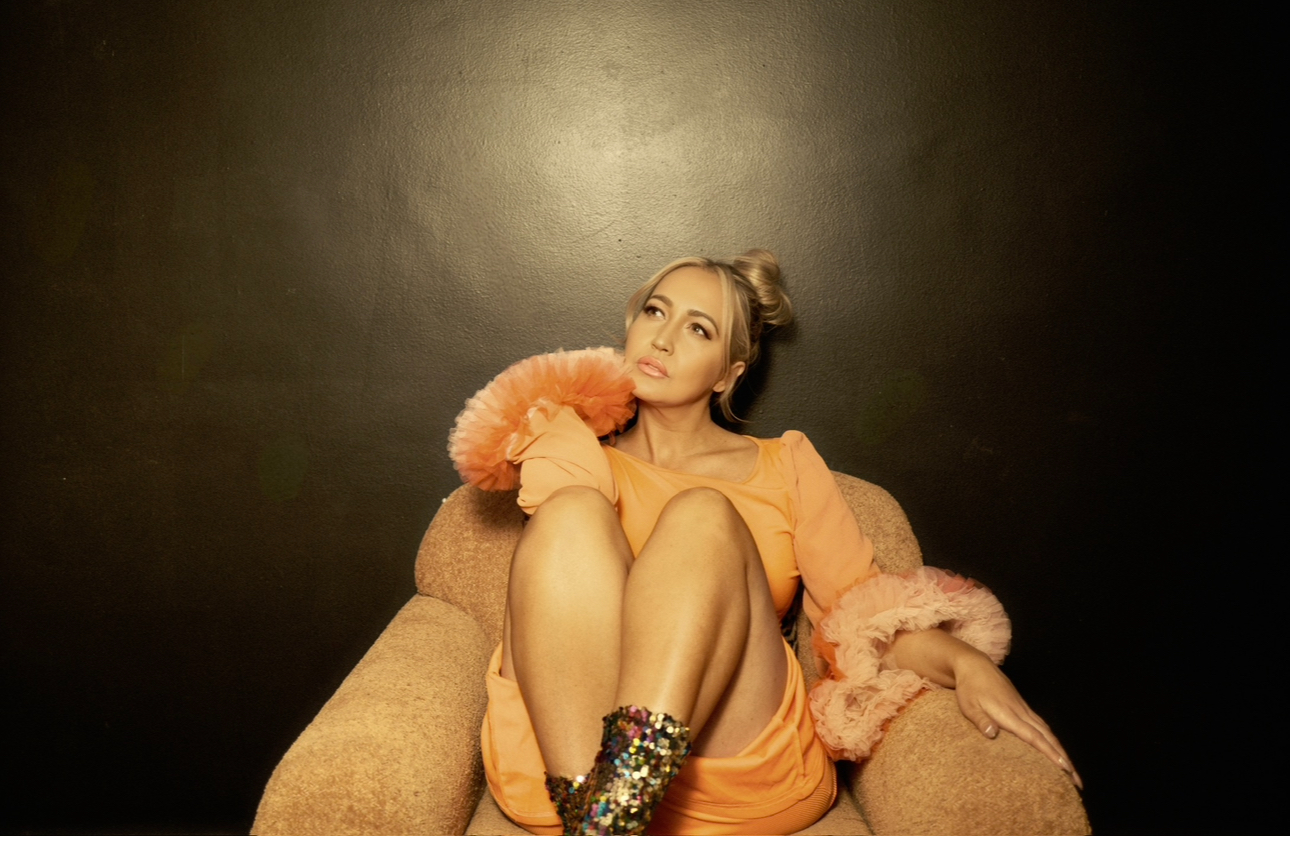We’re excited to introduce you to the always interesting and insightful Meghan Linsey. We hope you’ll enjoy our conversation with Meghan below.
Meghan, thanks for joining us, excited to have you contributing your stories and insights. Are you happier as a creative? Do you sometimes think about what it would be like to just have a regular job? Can you talk to us about how you think through these emotions?
Honestly, I have this thought every year—usually around November to February, when the music industry slows down. That’s when things get quiet. Too quiet, honestly. I usually start spiraling, wondering what I’m doing with my life? Am I even good at this?
It’s a vulnerable season, and sometimes the idea of a “normal” job sounds comfortin. A steady paycheck, clear structure, less emotional risk. But then I remember: . I love creating. I love writing songs that make people feel something. It’s the one thing that’s always made me feel deeply connected—to myself and to others.
I’ve always been scrappy and self-driven. As an independent artist, I’ve had to be. I’ve learned how to adapt, how to build something from nothing, how to keep going even when it feels like everything’s standing still.
So while the uncertainty is real, so is the joy. I love the freedom. I might question it sometimes, but I never regret it.
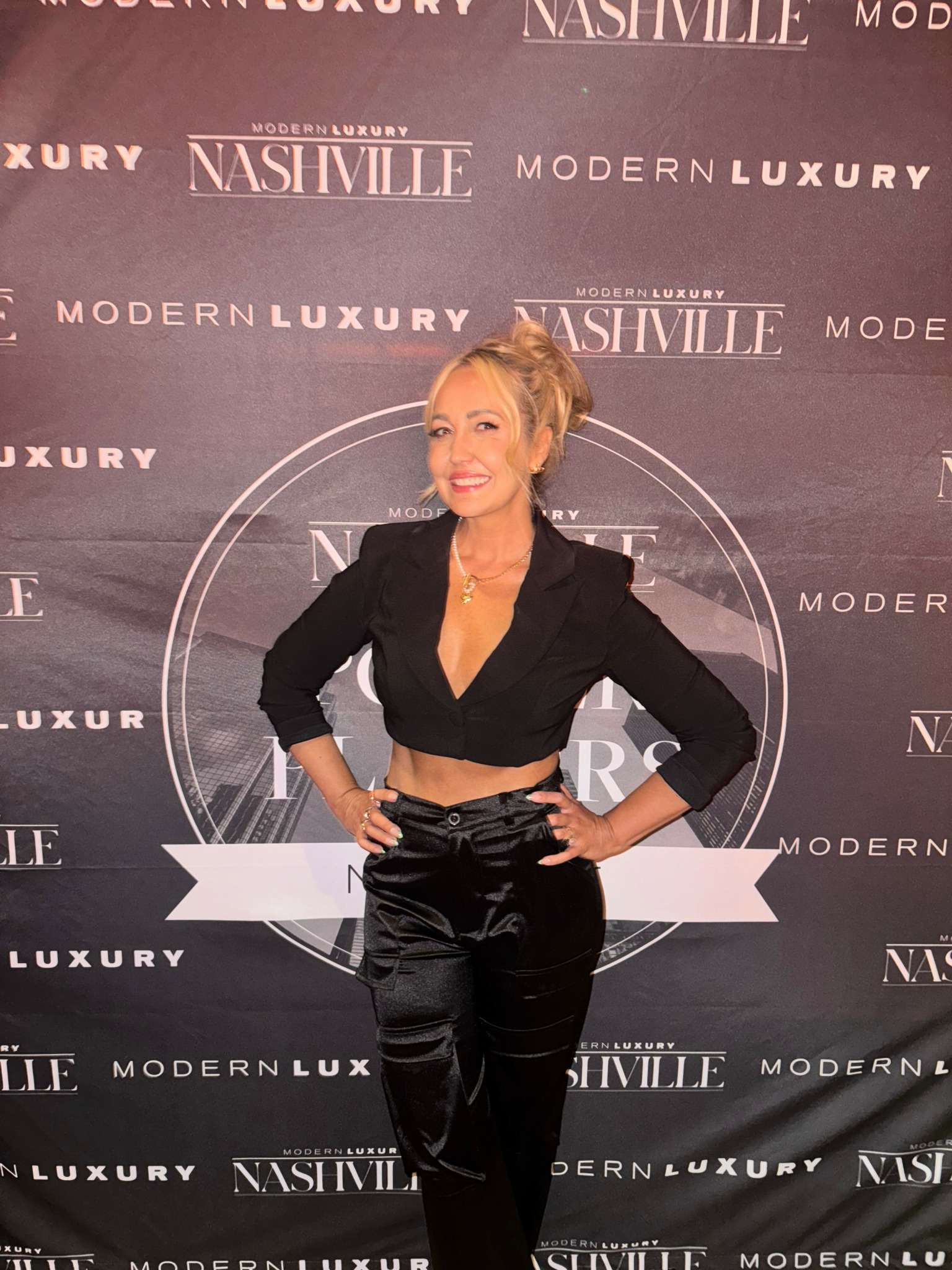
Meghan, before we move on to more of these sorts of questions, can you take some time to bring our readers up to speed on you and what you do?
I’ve been in the music industry for most of my life. I was born in New Orleans and started out singing in church and fronting bands in high school.
I moved to Nashville at 18 to pursue my dream of being an artist. I was half of the ACM and CMA nominated country duo, Steel Magnolia- we had a good run. Later, I went solo and ended up as the runner-up on The Voice, which gave me a chance to really step into my own as a solo artist.
These days, I’m doing it independently. I write and release music that’s honest and reflective of where I am in life. I think I’m somewhere between resilience and reinvention. My latest work leans more Americana and singer-songwriter, with a little grit and a lot of heart. I’m less concerned with chasing trends and more focused on making good music.
I also run a company, with my husband, called Bold Music Group. We create immersive music experiences—like songwriting workshops and behind-the-scenes studio sessions—for both fans and brands. It’s a way to bridge the gap between the artist world and the real world, and honestly, it’s some of the most rewarding work I do.
What sets me apart? I’ve seen just about every corner of this business—major label deals, TV shows, indie releases, starting over more than once. I know how to hustle, how to pivot, and how to stay grounded in the chaos. I think that shows up in my music and in the way I work.
If there’s one thing I want people to know, it’s that I’m not here to play a character. I’m showing up exactly as I am—and I hope that gives other people permission to do the same.
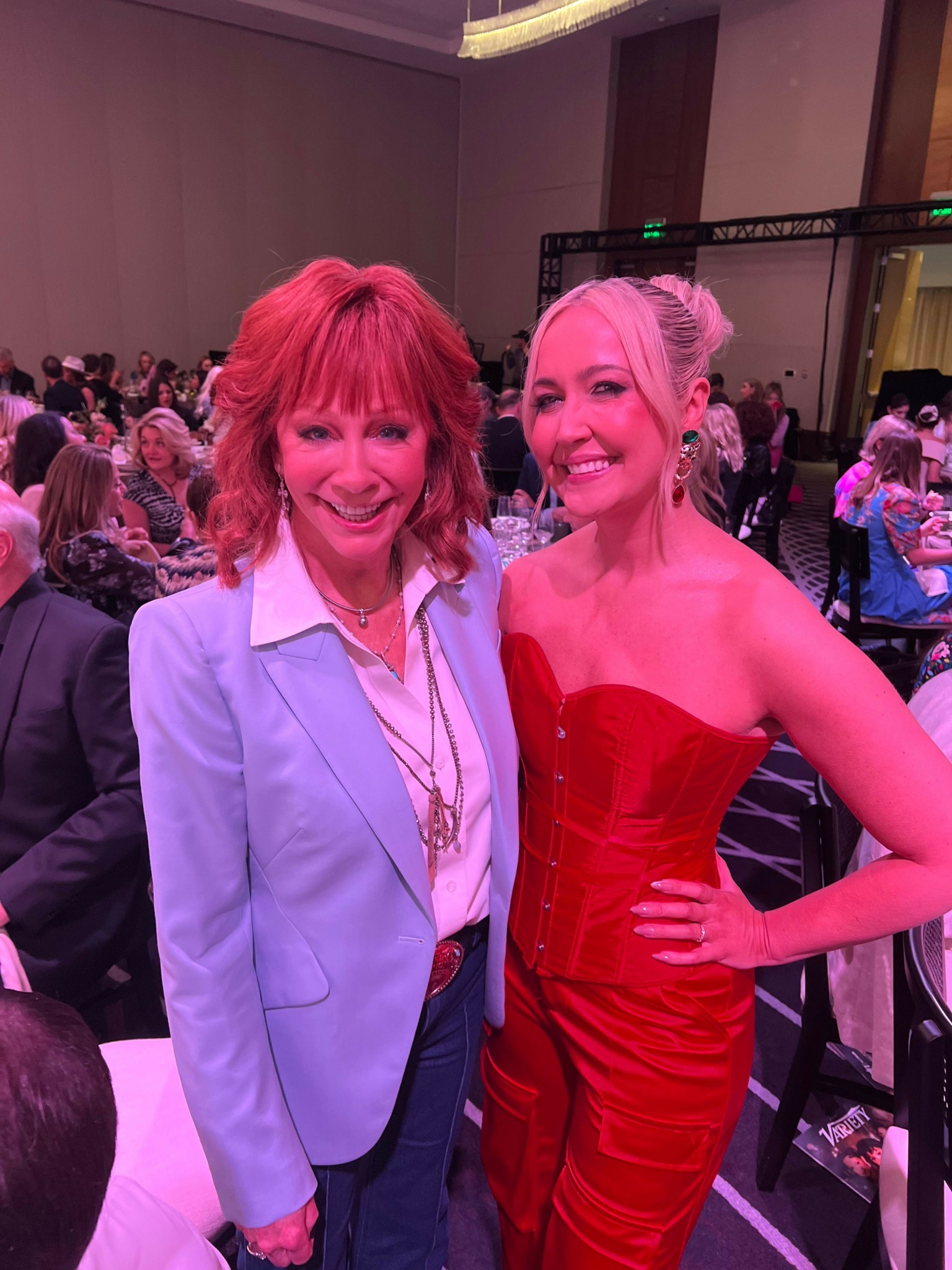
What can society do to ensure an environment that’s helpful to artists and creatives?
The industry has changed so much in the last decade or so. We’ve had a major shift from ownership to access. People don’t need to own music anymore, they can just stream it, on demand, so I don’t think they value it, like they used to.
With the technology shift, the door has opened for more people to share their work, which is amazing in a lot of ways. But it’s also made it harder for artists to make a sustainable living. We’re creating more content than ever, but getting paid less for it. That disconnect—between how much music people consume and how little artists often earn from it is a real issue.
So if we’re talking about how to support a thriving creative ecosystem, I think it starts with education and awareness. Most people don’t realize that it takes thousands of streams just to make a few dollars. Buying a vinyl, going to a show, sharing an artist’s work, even tipping on livestreams—those things actually matter.
We also need stronger policies that protect creators. Fair royalty payouts, better streaming rates, ownership rights—all of that is crucial if we want music (and art in general) to continue to evolve in a meaningful way.
At the end of the day, if we want bold, meaningful art—we have to support the humans behind it. That means paying them, protecting them, and most importantly, listening to them.
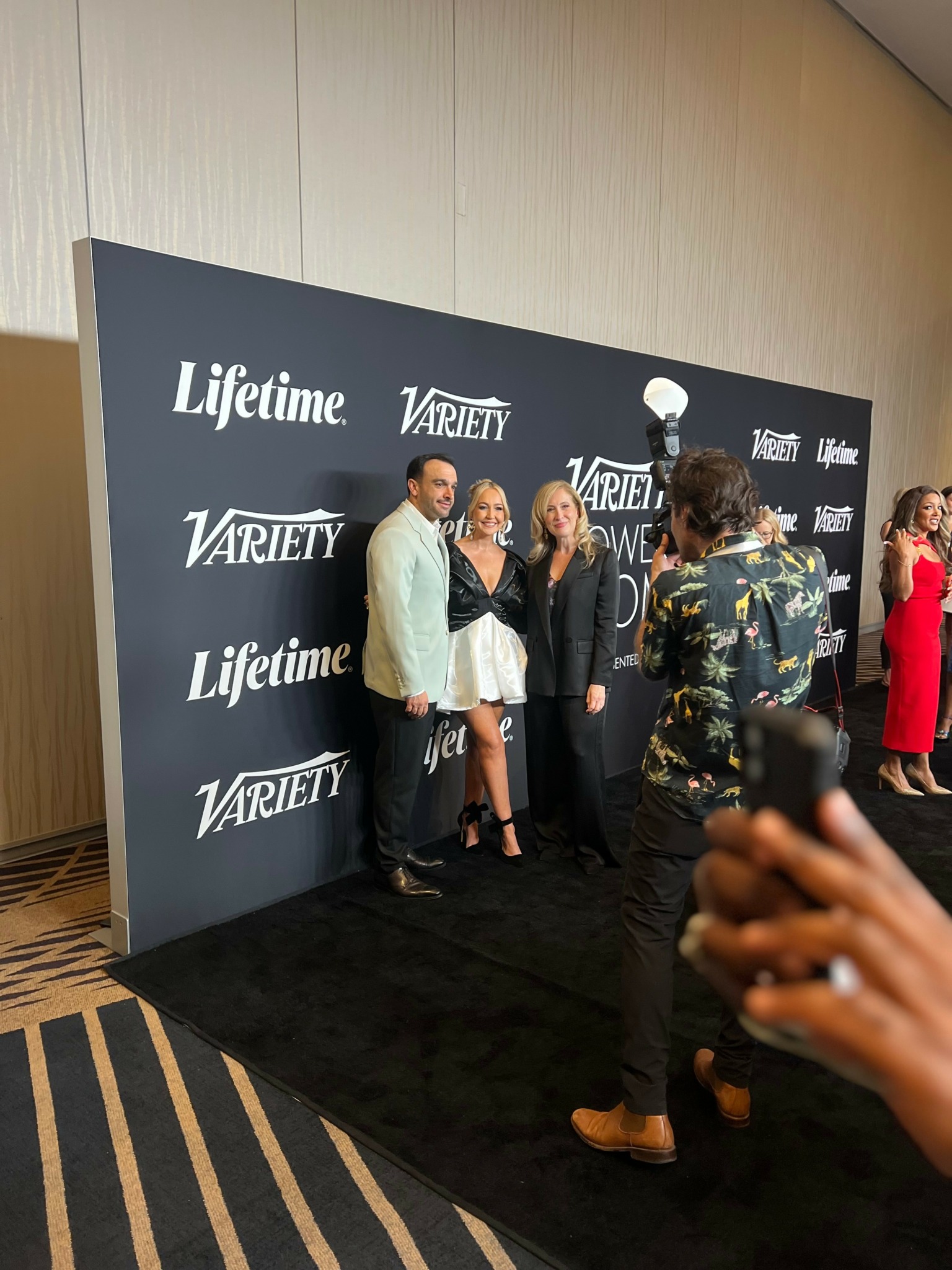
Learning and unlearning are both critical parts of growth – can you share a story of a time when you had to unlearn a lesson?
Man, I’ve had to unlearn a lot. I’ve been in this business so long and it’s constantly changing and evolving. When I started out, I was constantly sold this lie about women needing to stay young to be relevant.
There was this pressure to look a certain way, act a certain way, be palatable. I spent so much energy trying to fit into that mold—whether it was lying about my age, staying silent to keep the peace, or avoiding topics that might make people uncomfortable. I was afraid that aging or evolving would somehow make me “less marketable.”
But over time, and honestly through a lot of personal growth and hard lessons, I realized that shrinking myself wasn’t helping anyone, least of all me. I had to unlearn the idea that I had an expiration date. I had to stop measuring my worth by youth or numbers or industry approval.
Now, I’m more focused on being real than being perfect. I’ve come to love the version of me that’s been through some things. She’s stronger, more grounded, and she writes better songs. There’s power in experience and in showing up as you are. And that’s the version of me I want to share—with my audience and with myself.
Contact Info:
- Instagram: @meghanlinsey
- Facebook: https://Facebook.com/meghanlinseymusic
- Youtube: @MeghanLinsey
- Other: Tik Tok: @meghanlinseysings
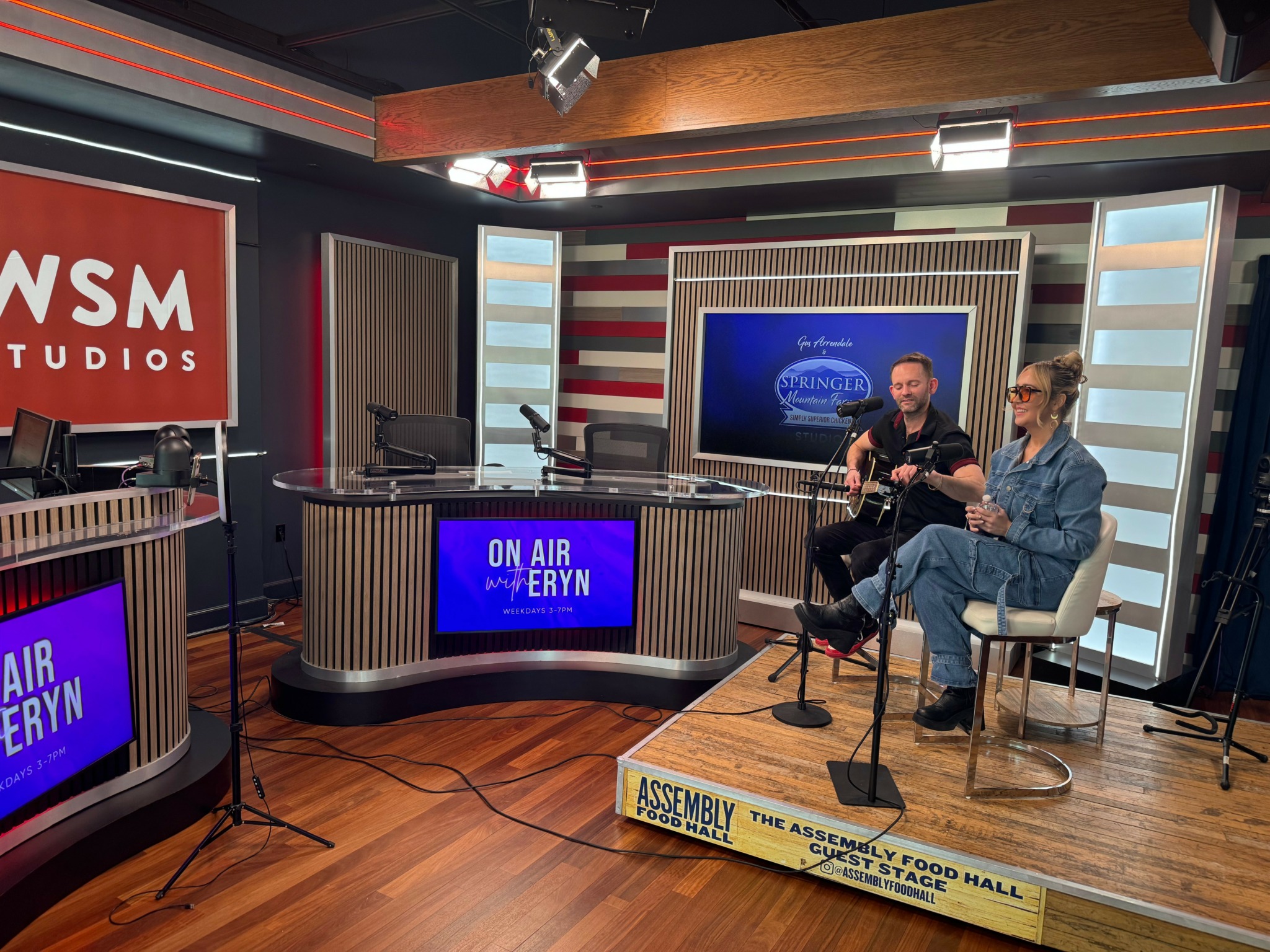
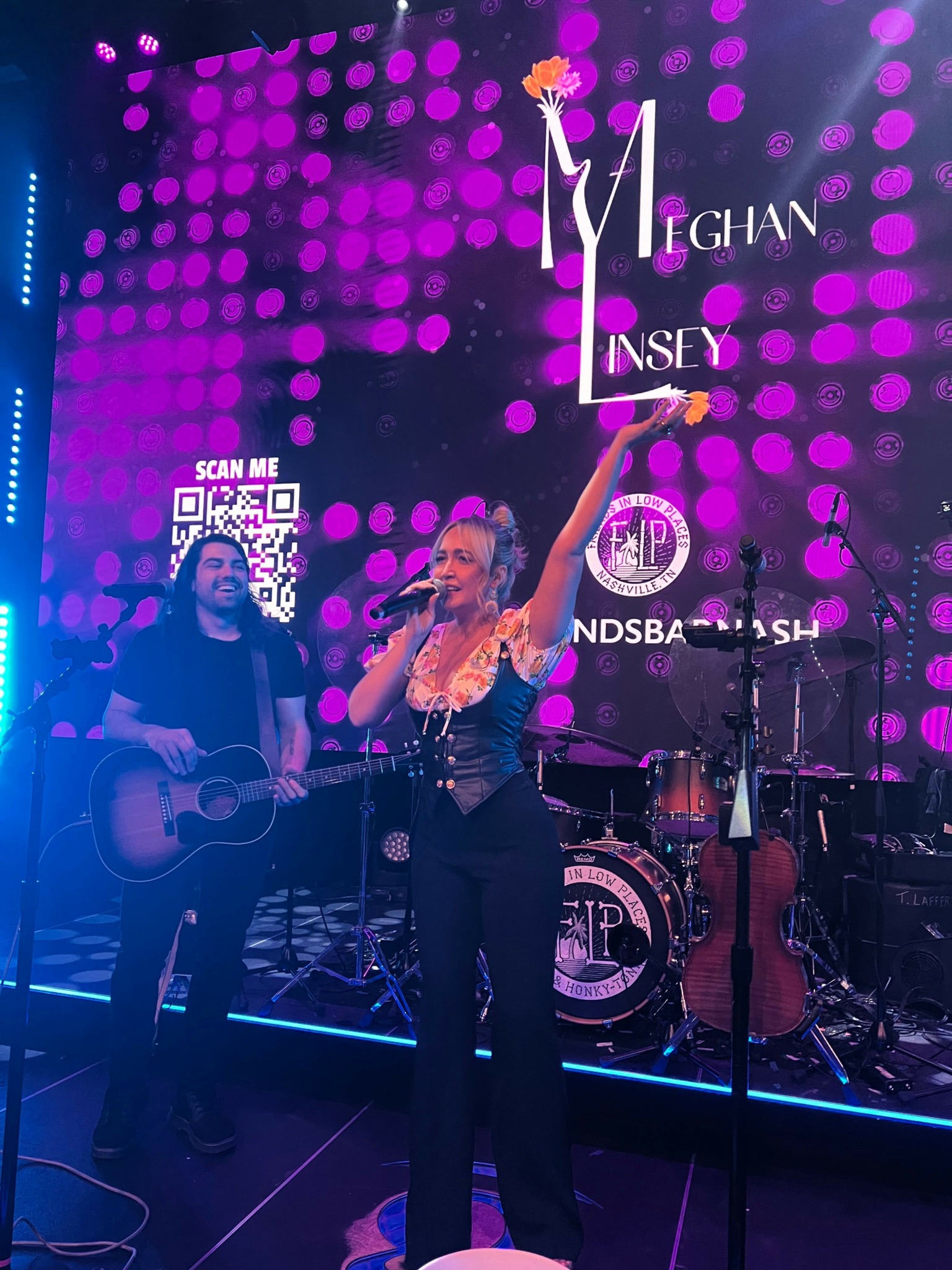
Image Credits
Tyler Cain


